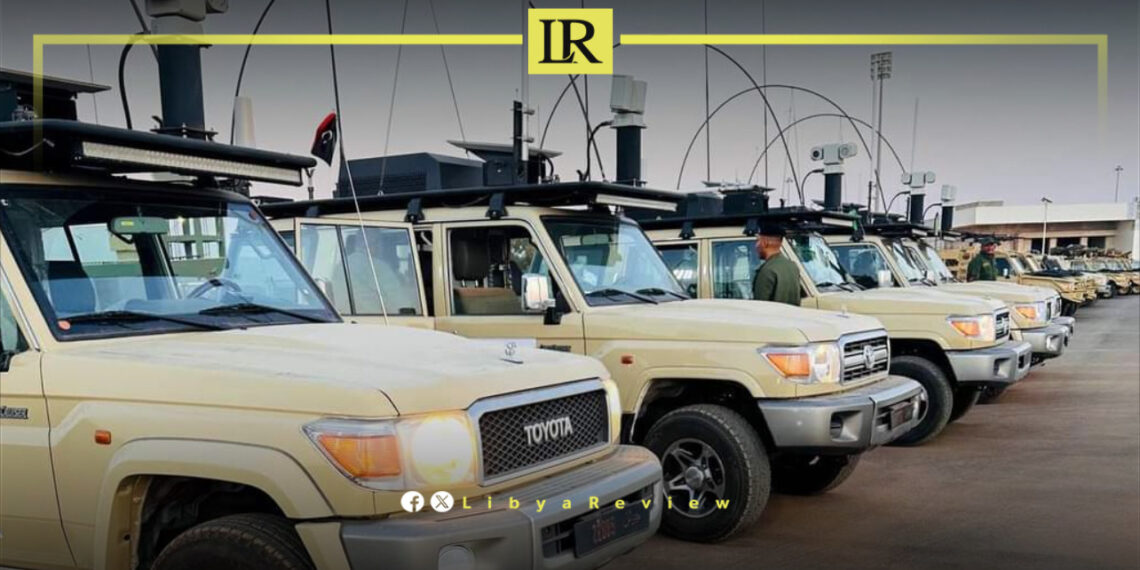On Thursday, Lieutenant General Saddam Haftar, Chief of Staff of the Libyan National Army’s (LNA) Ground Forces, launched a comprehensive plan to enhance security for Libya’s critical oil facilities and the Sebha Military Zone. These measures are part of a strategic effort to protect vital infrastructure and ensure stability in key regions of the country.
The plan includes securing advanced communication networks for oil fields managed by the Petroleum Facilities Guard, ensuring continuous and coordinated protection. This step is crucial for safeguarding the nation’s primary economic asset—its oil resources—from threats such as armed groups and smuggling networks.
In the Sebha Military Zone, all defensive sectors have been fortified under the new strategy, reflecting a commitment to strengthening the security of southern Libya. The LNA has also linked military zones across the country to a centralized command and control room, enabling faster communication, better coordination, and improved operational effectiveness across its forces.
The Sebha region, home to vast oil reserves and key trade routes, has faced persistent challenges, including tribal disputes and criminal activities. These new measures represent a decisive move by the LNA to address these long-standing vulnerabilities and reinforce stability in one of Libya’s most critical areas.
Saddam Haftar emphasized that these efforts are part of a larger national security strategy aimed at not only protecting physical assets but also fostering broader stability. By securing vital infrastructure, the LNA seeks to create conditions for economic recovery and growth in a nation still recovering from years of conflict.
The protection of Libya’s oil facilities is particularly vital. As the backbone of the national economy, the oil industry has been a target for disruptions and violence in recent years. The LNA’s actions demonstrate its focus on securing these resources to support Libya’s recovery and development.
The integration of military zones into a centralized command system marks a significant step forward for Libya’s security apparatus. This unified approach ensures that all regions can respond effectively to emerging threats, enhancing overall safety and operational efficiency.


